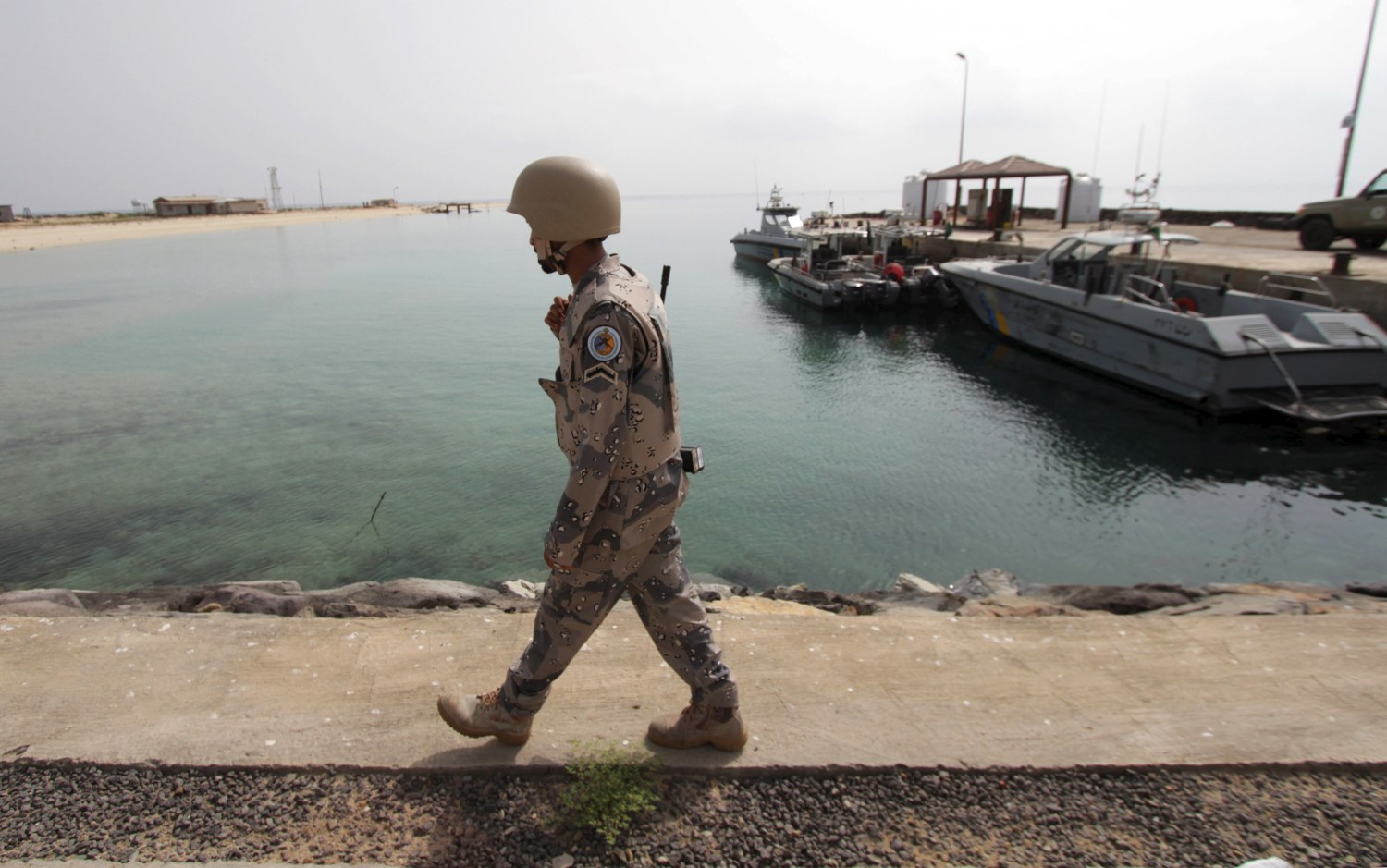
Navigating Complex Realities: Understanding Red Sea Geopolitical War
The Red Sea, historically significant, is currently embroiled in a complex geopolitical war, reflecting the intricate dynamics of regional and global power struggles. Delving into the multifaceted aspects of this geopolitical war is essential for unraveling its complexities and implications for the region.
Historical Context: Foundations of Geopolitical Tensions
To comprehend the current geopolitical war in the Red Sea, one must delve into its historical context. Historical tensions, territorial disputes, and the legacy of colonialism have laid the foundations for the complex geopolitical landscape. Understanding this history is crucial for grasping the roots of contemporary conflicts in the region.
Strategic Importance: The Red Sea as a Global Chokepoint
The strategic importance of the Red Sea as a global chokepoint for maritime trade intensifies geopolitical competition. Nations seek control over vital sea routes, influencing the flow of goods and resources. The geopolitical war in the Red Sea is, in part, a manifestation of the quest for strategic dominance and the economic advantages associated with controlling this critical waterway.
Military Maneuvers: Geopolitical Rivalries in Action
The geopolitical war in the Red Sea often manifests through military maneuvers, with nations flexing their military muscles to assert dominance. Naval deployments, military exercises, and strategic posturing contribute to an atmosphere of heightened tension. Analyzing these military dynamics provides insights into the geopolitical rivalries unfolding in the region.
Proxy Conflicts: Indirect Strategies in Geopolitical Warfare
The Red Sea has become a playground for proxy conflicts, where external powers engage in indirect strategies to advance their geopolitical interests. Supporting local factions and influencing regional dynamics, these proxy conflicts add layers of complexity to the geopolitical war. Identifying the actors involved and their motivations is crucial for understanding the broader geopolitical landscape.
Maritime Security Challenges: Geopolitical Impacts on Stability
The geopolitical war in the Red Sea has direct implications for maritime security. Disputes over territorial waters, control of shipping lanes, and the potential for naval confrontations contribute to instability. Geopolitical considerations shape nations’ approaches to maritime security, impacting not only regional stability but also global trade and economic interests.
Economic Factors: Resource Competition and National Interests
Resource competition, including control over energy resources and fisheries, is a significant driver of the geopolitical war. Nations vie for access to and control over these valuable resources, leading to economic considerations being intertwined with geopolitical strategies. Examining the economic factors involved provides insights into the motivations behind the ongoing geopolitical conflicts.
Humanitarian Concerns: Civilian Impact of Geopolitical War
Geopolitical wars in the Red Sea have profound humanitarian consequences. Civilian populations often bear the brunt of conflict, experiencing displacement, food shortages, and disruptions to essential services. Addressing the humanitarian aspects is essential for a comprehensive understanding of the human toll and the urgency for conflict resolution.
Environmental Implications: Geopolitical War’s Ecological Footprint
Beyond the immediate human and economic consequences, the geopolitical war in the Red Sea leaves an ecological footprint. Naval activities, resource exploitation, and conflict-related incidents pose threats to the region’s delicate ecosystems. Examining the environmental implications underscores the interconnectedness of geopolitical actions and ecological sustainability.
Diplomatic Struggles: Quest for Resolutions Amidst War
Amidst the geopolitical war, diplomatic struggles unfold as nations seek avenues for conflict resolution. Engaging in dialogue, mediating peace talks, and fostering diplomatic initiatives become imperative. The complexities of geopolitical tensions often pose challenges to diplomatic efforts, highlighting the intricate dance between military posturing and diplomatic pursuits.
Global Impact: Red Sea Geopolitical War in a Broader Context
The Red Sea geopolitical war is not isolated; its impacts resonate globally. With key players involved and international interests at stake, the region’s dynamics reverberate through global geopolitics. Understanding the interconnectedness of the Red Sea geopolitical war with broader geopolitical shifts is crucial for gauging its far-reaching consequences.
[Explore more about Red Sea Geopolitical War here].
